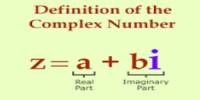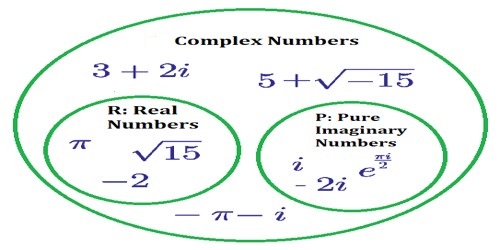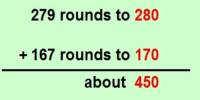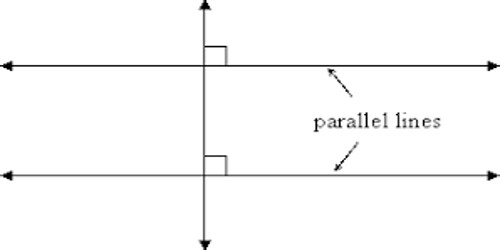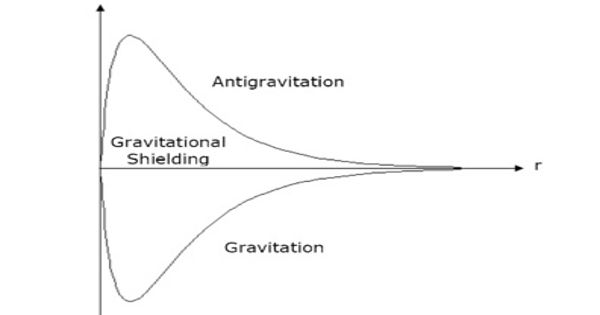About Deductive Reasoning
Deductive reasoning relies on a general statement or hypothesis (sometimes called a premise or standard) held to be true to reach a specific, logical conclusion. It is sometimes referred to as top-down logic. Its counterpart, inductive reasoning, is sometimes referred to as bottom-up logic. Where deductive reasoning proceeds from general premises to a specific conclusion, inductive reasoning proceeds from specific premises to a general conclusion.
A common example is this: If A = B and B = C, then deductive reasoning tells us that A = C. This is different from inductive reasoning; sometimes know as bottom-up thinking, which involves making broad generalizations based on specific observations.
Deductive reasoning is a basic form of valid reasoning. The scientific method uses deduction to test hypotheses and theories.
The Greek philosopher Aristotle, who is considered the father of deductive reasoning, wrote the following classic example:
- All men are mortal.
- Socrates is a man.
- Therefore, Socrates is mortal.
In Aristotle’s example, sometimes referred to as a syllogism, the premises of the argument — that all men are mortal and that Socrates is a man — are self-evidently true. Because the premises establish that Socrates is an individual in a group whose members are all mortal, the inescapable conclusion is that Socrates must likewise be mortal.
There are many ways deductive reasoning can be applied, but these are a few examples:
- A consumer products company accepts the premise that professional women are overloaded with family and work responsibilities and strapped for time. From this, they deduce they can be successful marketing hair coloring product can be applied in less time than their competition’s hair coloring product.
- Development executives at a college believe professionals working in the financial sector make the best donors. So, they deduce that they should target alumni working in finance when it comes time to plan their next fundraising strategy.
- A supermarket manager believes candy products are an impulse buy. She deduces that she can sell more by placing candy displays close to store entry paths.
- A food products company identifies a trend that shows consumers to favor organic products. Its marketing department deduces it can boost sales by increasing the size of the lettering for the word “organic” when redesigning their packaging.
Deductive reasoning can be contrasted with inductive reasoning, in regards to validity and soundness. In cases of inductive reasoning, even though the premises are true and the argument is “valid”, it is possible for the conclusion to be false (determined to be false with a counterexample or other means).
Information Source:

